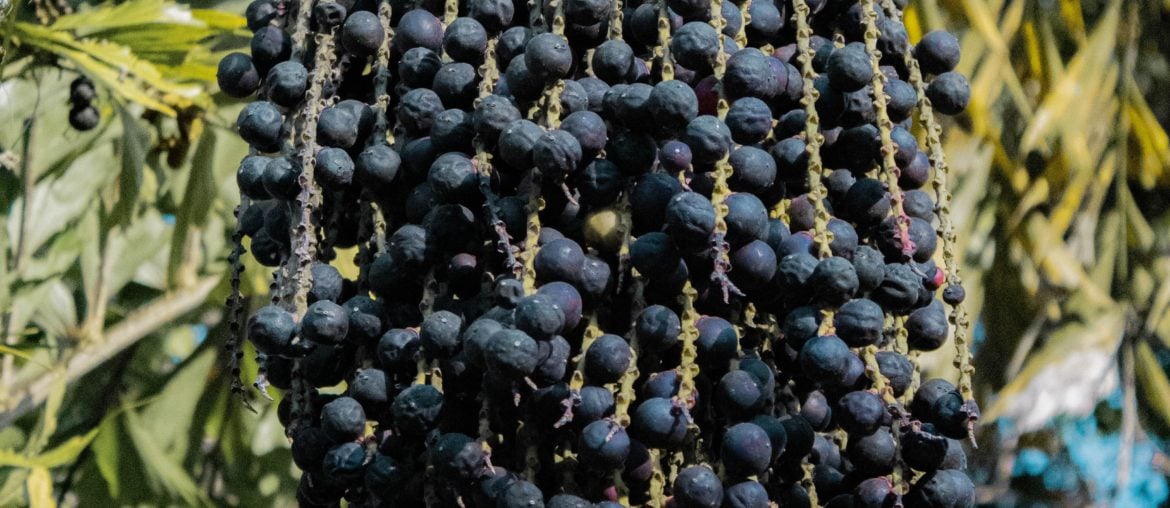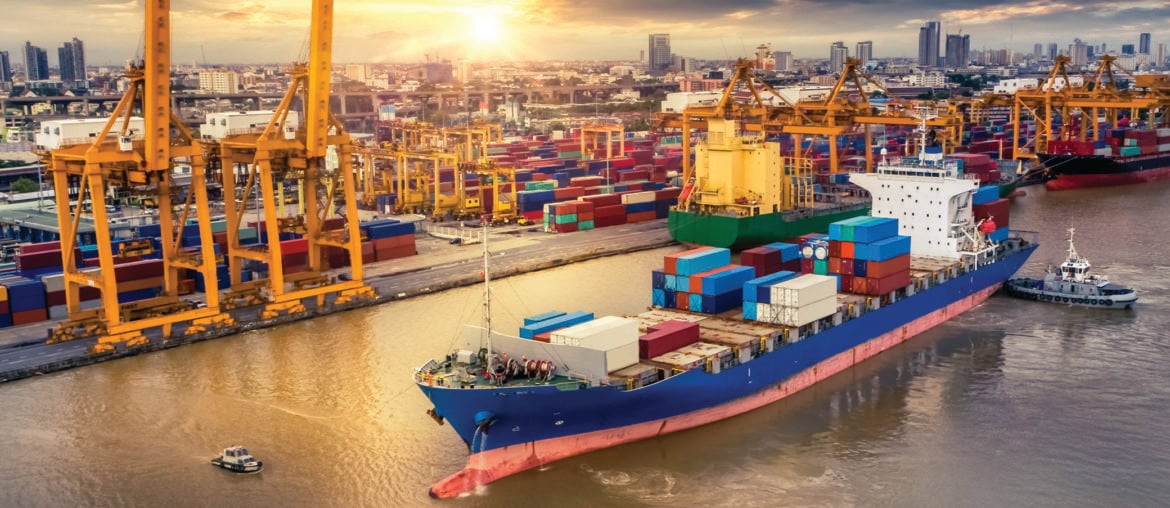In an era where supply chain disruptions and risks are regular front-page news, the Biden Administration has been undertaking a range of initiatives intended to create resilient supply chains that reflect the Administration’s policies around national security, foreign policy, human rights, and the US economy. Considering the non-stop legal and compliance developments in this space, with more on the horizon, in-house counsel and compliance professionals for companies with supply chains that touch the United States…
The compromise version of the Uyghur Forced Labor Prevention Act (HR 6256) (“Act”) was recently passed by both chambers of Congress, and the legislation is now cleared for President Biden’s signature. It is expected that President Biden will sign the legislation into law soon. With strong bipartisan support, earlier versions of this legislation had passed the US House and Senate in the preceding months, and lawmakers reached an agreement that merged versions from each chamber. …
A recent Washington Post article about child labor in the Brazilian acai industry underscores the need for companies to develop compliance programs intended to identify and mitigate the risk of possible child labor in their supply chains. Not only is acai used in trendy health foods as noted in the article, but acai is also used as a base for other products. The article focuses on acai berries sourced from two regions in Brazil that…
In keeping with tradition, we are pleased to invite you to our annual Global Year-End Review of Import/Export/Trade Compliance Developments. In lieu of our annual conference in Santa Clara, CA, we are excited to again provide a virtual offering available to all our clients and friends worldwide! The conference will be comprised of 75 minutes sessions over the course of three days. Please join us on November 16, 17 and 18 for any or all sessions.Our international trade compliance lawyers from around…
On October 8, the US Department of Labor (“DOL”) published a notice requesting information and comments on the following three reports on child labor and forced labor practices in foreign countries that are published by the US Bureau of International Labor Affairs (“ILAB”). The comments will be used in preparing the 2022 edition of the TDA Report and TVPRA List, as well as any updates to the E.O. List. The three reports are the US…
On September 28, 2021, the US Department of Defense (“DoD”) published a notice of request for public comments. DOD’s request relates to Executive Order 14017, (“America’s Supply Chains” or “Supply Chain EO”). See some of our key blog posts on the Supply Chain EO for more background. As part of requiring agency reviews of key industrial bases’ supply chains, the Supply Chain EO mandated that DoD conduct a one-year review of supply chains within the defense industrial base…
US federal government agencies charged with implementing President Biden’s February 24, 2021 Executive Order 14017 (“America’s Supply Chains” or “Supply Chain EO”) continue to assess supply chain risks and vulnerabilities by issuing public requests for comment. Among other things, the Supply Chain EO directs the heads of several federal agencies to conduct a one-year review to examine supply chains for potential vulnerabilities in a number of sectors. (This is in addition to the 100-day reviews…
Introduction In early March of this year, a bipartisan group of members of the House Armed Services Committee formed the Defense Critical Supply Chain Task Force (the “Task Force”). Co-chaired by House Democrat Elissa Slotkin (Michigan) and Republican Mike Gallagher (Wisconsin), the Task Force was formed to address what has been perceived as U.S. overreliance on vulnerable defense supplies manufactured in other countries, such as China. We previously reported on this on our blog here. …
In the recent flurry of US Government activity related to Xinjiang, one thing is clear: trade compliance risks continue to increase for companies with supply chains that involve Xinjiang. These latest actions add to the expanding list of companies that face import bans, export bans, and sometimes both, in addition to broader measures under consideration in Congress. This blog post summarizes the past month’s developments. Companies with Xinjiang anywhere in their supply chains should be…
In lieu of our annual in person Global Trade Conference, we are excited to provide a virtual offering available to clients and friends worldwide. The conference will be comprised of nine one-hour sessions over the course of three days. Please join us on July 13, 14 and 15 for any or all sessions. In addition to broader trade and compliance topics that will implicate supply chain risk management, specific supply chain topics of interest include: America’s Supply…







